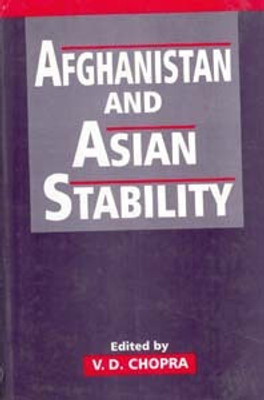Afghanistan in World Politics: a Study in AfghanUs Relations(Paperback, Mohammad Khalid Ma'Aroof)
Quick Overview
Product Price Comparison
About The Book: Afghanistan a landlocked developing country, is geographically contiguous to Soviet Union, but a distant country to the United States. The analysis of relationship between a small developing country like Afghanistan and a geographically distant Super Power like the United States, presents a unique study in many respects. The analysis of AfghanUS relations has almost remained a neglected area of serious academic research. The plethora of literature available on Afghanistan has not even provided a cursory treatment to this most crucial and significant aspect. A cursory analysis of the available literature leaves many questions unanswered. Can a small country like Afghanistan be usurped by a Super Power? How the small and weak nations can survive? Will the inaction by the nonaligned movement (NAM) and the United Nations in getting the Russian aggression vacated from Afghanistan, further encourage the Russians to annex other nonaligned countries? Can United States, as a Super Power, help in restoration of the nonaligned status of Afghanistan safeguard its territorial integrity and sovereignty etc. The author has made an humble endeavour to probe all the aspects in detail in the present book. It is not only an attempt providing answers to various fundamental questions arising in the aftermath of Russian invasion of Afghanistan but also provides a detailed background of AfghanistanŌĆÖs relations with the United States. About The Author: The book is divided into six main chapters. The first chapter provides an indepth analysis of the major factors which have been the hallmark of AfghanistanŌĆÖs foreign policy. The evolution of AfghanUS relations until the Second World War is analysed in the second chapter. AfghanistanŌĆÖs vigorous pursuit of the policy of neutrality in the wake of cold war which immediately succeeded the end of the Second World War and Afghan US relations in the postwar period are critically examined in the third chapter. Economic relation in the


